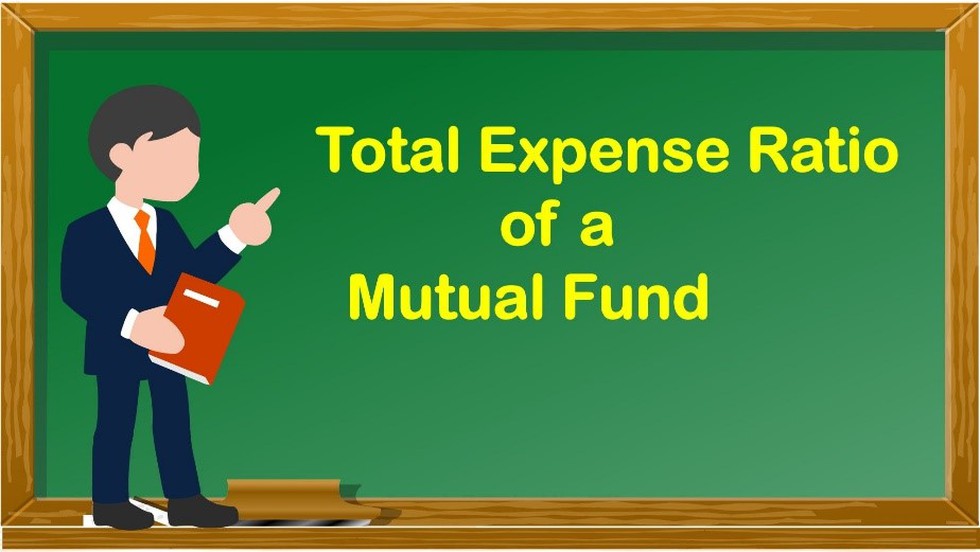About Total Expense Ratio (TER):
- TER is a measure of the total costs associated with managing and operating an investment fund, such as a mutual fund.
- These costs consist primarily of management fees and additional expenses, such as trading fees, legal fees, auditor fees, and other operational expenses.
- The total cost of the fund is divided by the fund’s total assets to arrive at a percentage amount, which represents the TER.
- TER is also known as the net expense ratio or after reimbursement expense ratio.
- Why is TER important?
- It is used by investors to compare the costs of the scheme with its peers and also in relation to the returns available from that scheme.
- It is a key element in making an investment choice, as those funds which consistently show a high TER may not provide high returns, since high expenses tend to erode the returns generated.
- For example, if a fund generates a return of 7% for the year but has a TER of 4%, then the 7% gain is greatly diminished to roughly 3%.
- How is TER Calculated?
- Total expense ratio = (Total Fund Costs / Total Fund Assets)*100.
- Expenses Associated with Operating a Fund: TER is the measure of all the expenses associated with running a scheme. These can include:
- Management fees, probably the single largest item in the TER of a fund. These fees cover items such as fund manager salaries and research fees.
- Brokerages and taxes in transacting the securities of the scheme.
- Fees paid to trustees, registrar and transfer agents, custodians, personnel of the trustee and Asset Management Company, etc.
- Legal and accountancy fees;
- Sales and marketing expenses.
- Any other operational expenses like rent, electricity, communication, etc. in proportion to the assets of the scheme.
